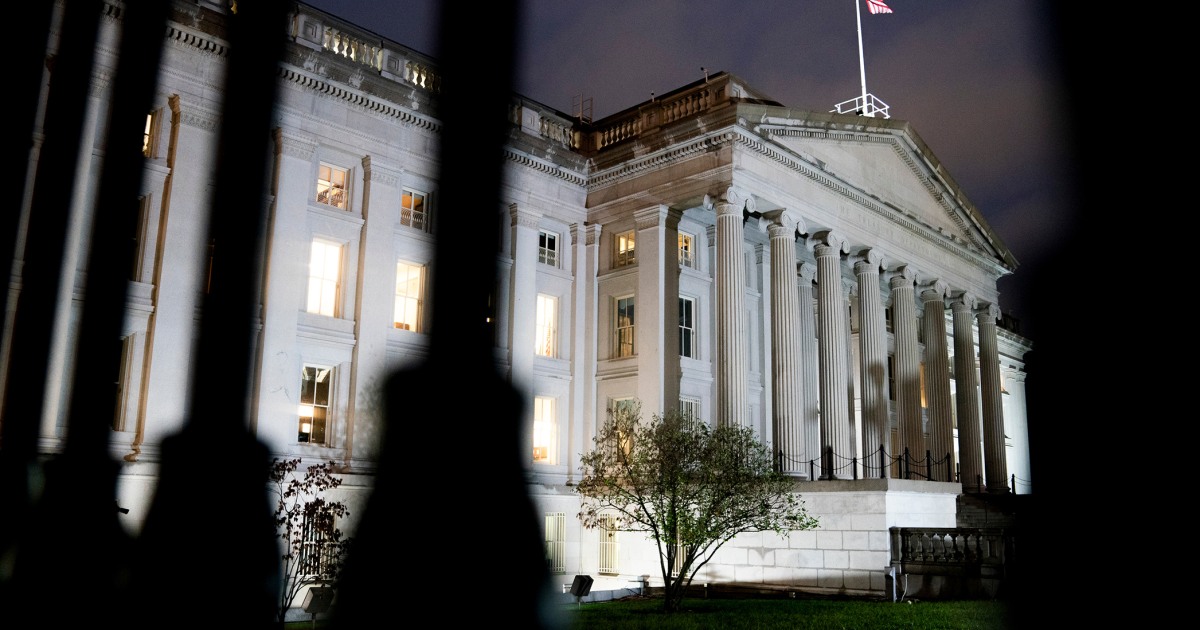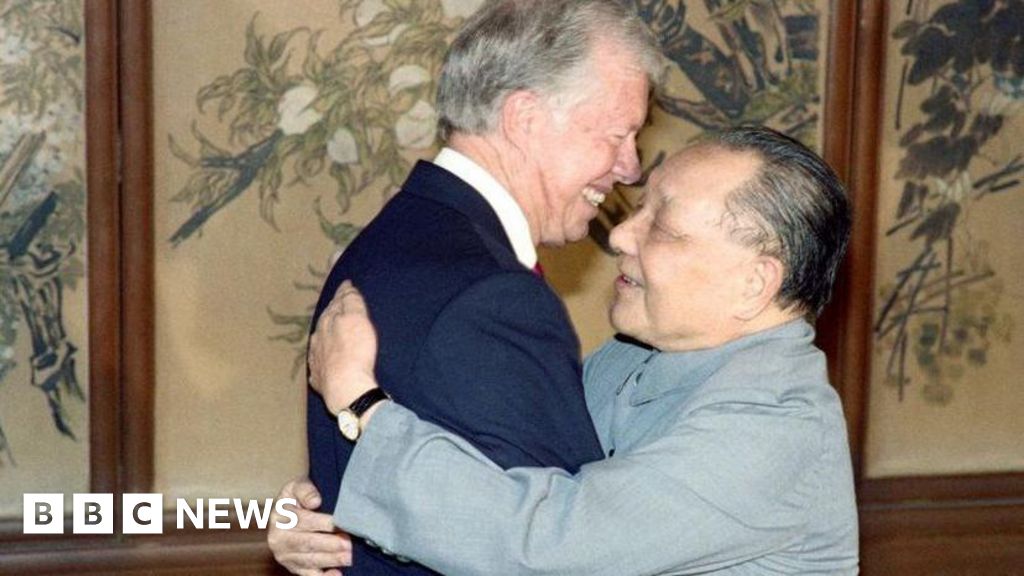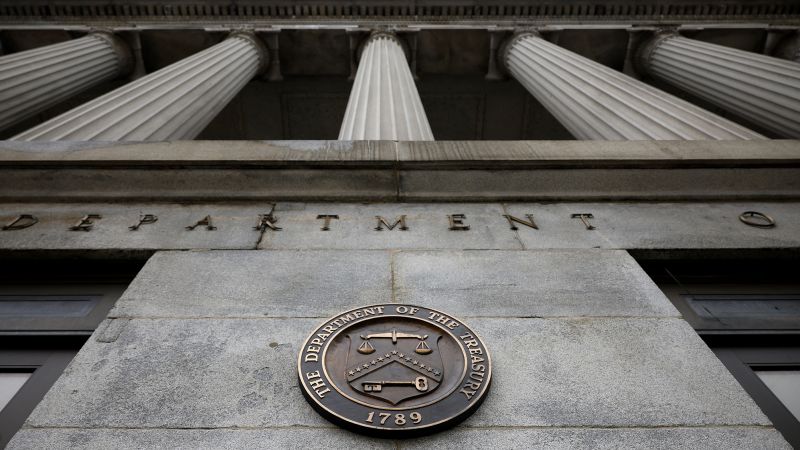Travel
‘Do Not Travel’: US re-issues severe warning for Venezuela, here’s why

The United States has reissued its highest-level advisory for Venezuela, “Do not travel,” since the government “has no ability to provide emergency services to U.S. citizens” who are in distress.
This warning was issued in response to civil unrest, a “slide towards dictatorship,” recurrent terrorism threats, and anti-American sentiments.”Violent crimes, such as homicide, armed robbery, kidnapping, and carjacking, are common in Venezuela,” officials added.
The situation has become so precarious that the US government has recommended travellers who persist on going to set up a “proof of life” protocol with their loved ones.
“If you are taken hostage, your loved ones know specific questions (and answers) to ask the hostage-takers to be sure that you are alive (and to rule out a hoax),” officials explained.
“The Department has determined there is a high risk of wrongful detention of U.S. nationals in Venezuela. Security forces have detained U.S. citizens for up to five years,” the agency noted, warning that the American government is rarely alerted or granted access to incarcerated nationals.
Decline in tourism due to the country’s political state
Venezuela attracts a lot of American tourists because of its miles of Caribbean coastline and gorgeous neighbouring islands. However, those figures began to erode, eventually dropping drastically when Nicolás Maduro took office following the death of the iron-fisted Hugo Chávez in 2013.
The State Department asserted that Maduro is pushing Venezuela closer to tyranny and “illegally claimed the presidency of Venezuela, despite global condemnation of a rigged election,” in the most recent election. Similar to Chávez, Maduro is strengthening “alliances with outside nations, including Cuba, Russia, Iran, and China, that repress the Venezuelan people further.”
The current warning, which was first issued in 2019 when the United States began withdrawing personnel from Venezuela, was repeated on May 13.It comes ahead of a July election that will determine the fate of the South American nation.
“Political rallies and demonstrations occur, often with little notice. Anti-Maduro demonstrations have elicited a strong police and security force response,” the department noted, “including the use of tear gas, pepper spray, and rubber bullets against participants.










